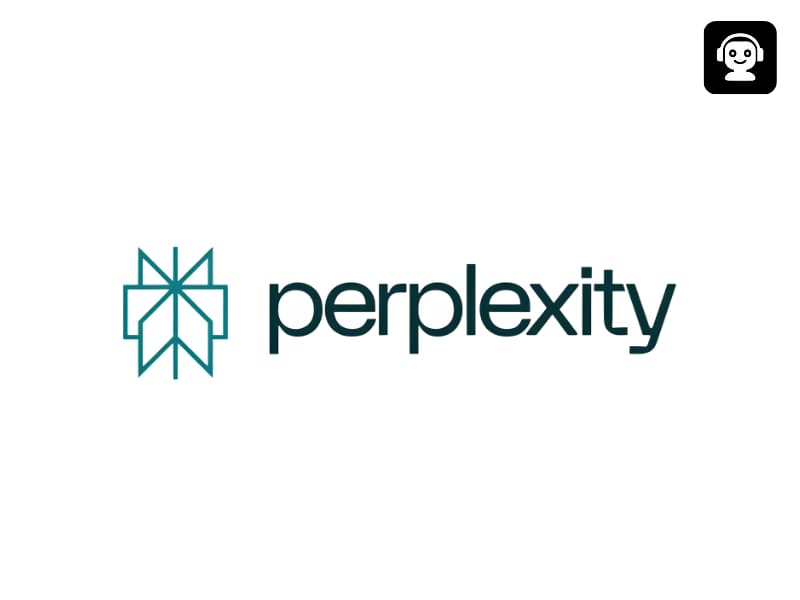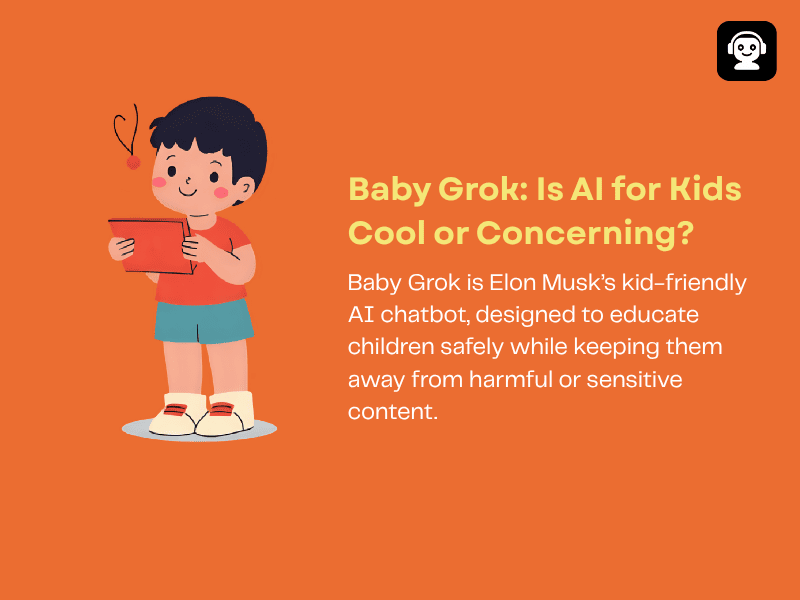The ChatGPT Cognitive Impact in 2025: Surprising Findings of Two Studies
We have all become very reliant on ChatGPT for our daily tasks and activities to solve our problems and

We have all become very reliant on ChatGPT for our daily tasks and activities to solve our problems and queries. But have we ever thought about the ChatGPT cognitive impact on us and how our critical thinking has changed due to overreliance? There was a time when we used to worry that calculators would ruin mental math and GPS would erase our sense of direction. But due to excessive cognitive offloading and AI use, we are becoming slaves of artificial intelligence and forgetting our creativity and intelligence.
ChatGPT is a very important artificial intelligence tool in our lives, and it has numerous benefits and advantages as well. However, critical thinking and ChatGPT do not go hand-in-hand, as due to its overreliance, we are forgetting to make our own decisions and solve our problems. The ChatGPT cognitive impact is huge, and we are not clearly seeing how the tools are using us right now. So, let us discuss how AI tools and mental engagement can go together without fully immersing ourselves into the world of artificial intelligence.
Read More: Critical Thinking Crisis 2025: Are Students Losing Thinking Skills Because of ChatGPT?
Read More: Baby Grok by Elon Musk: The Future of Safe AI for Kids or a Cause for Concern?
MIT’s Findings on ChatGPT Cognitive Impact
Numerous studies have been done to understand the correlation between AI tools and mental engagement to make people aware of the uses of artificial intelligence. Researchers at MIT conducted a very important study to understand cognitive behaviour while using ChatGPT. This study was conducted among 54 participants, divided into three groups, and they had to perform different tasks using ChatGPT, Google, or no assistance at all. This was done to understand the ChatGPT cognitive impact and the results were quite surprising!
Those who used ChatGPT to write their essays scored consistently lower in originality and depth, even though their essays weren’t bad. It lacked the nuance and critical thinking that was observed in the other two groups that used Google and no assistance. When the brain imaging was done, participants who used ChatGPT showed less activity in the regions of memory, attention, and reasoning. This led the researchers to coin the term “cognitive debt,” which refers to a mental interest we pay when we take artificial intelligence very seriously and make it think for us.
Swiss Study on Critical Thinking
A Swiss journal called Societies also surveyed around 666 people from different demographics to understand how frequently people used artificial intelligence. The findings of their study on how artificial intelligence affects our critical thinking were quite shocking and sad at the same time. People who used artificial intelligence for decision making, writing, and research showed lower “metacognitive” awareness. Metacognitive awareness is the ability to think about our thinking in our own words.
The most affected people were the younger users and those who had less formal education when it came to analytical thinking. This phenomenon is called cognitive offloading, where we let the external artificial intelligence take over tasks that we can do ourselves. The ChatGPT cognitive impact can be seen positively only when we do not let artificial intelligence interfere with our mental development. The reports of this Swiss study mentioned that the more we rely on artificial intelligence, the less capable we become at doing our tasks.
Four Ways to Stay Smart While Using AI
We saw how both the above studies talk about the correlation between ChatGPT and brain activity, and how it affects our mental development. But the best way to stay smart, even though you use artificial intelligence, is to be aware of how much you are using it for. Below are four practical strategies that can help you stay smart and sharp while benefiting from artificial intelligence and its capabilities:
Always Think First
The best way to make your ChatGPT cognitive impact positive is to think first and take your own time to understand your ideas. If you find it difficult to understand or take your ideas further, make a rough prompt that you can send to ChatGPT to solve your problem. This way, you get to engage your ideas and get some suggestions and refinement from ChatGPT.
Reclaim Ownership
By this, we mean that you should be able to reclaim your ownership over the task before you move your head towards ChatGPT. Ask yourself first if you can do the task on your own, if you ever find yourself in the position where you are turning towards ChatGPT for help. If you still find it difficult, then only ask ChatGPT or other AI tools for suggestions.
Embrace the Struggle
When you try to think of new ideas, it may sometimes become a struggle or difficult and can create confusion. This is a very human nature to get confused and doubt yourself, but remember, your thoughts and ideas are your own and hence, it is unique. When you ask ChatGPT for help, it would simply give you a repeated idea, and therefore, it is not at all unique.
Reflect and Reason
If you have taken help from ChatGPT, ask yourself how it has helped you or what you have learned from it. This reflection would make your ChatGPT cognitive impact positive and ensure that you don’t lose your cognitive skills!





